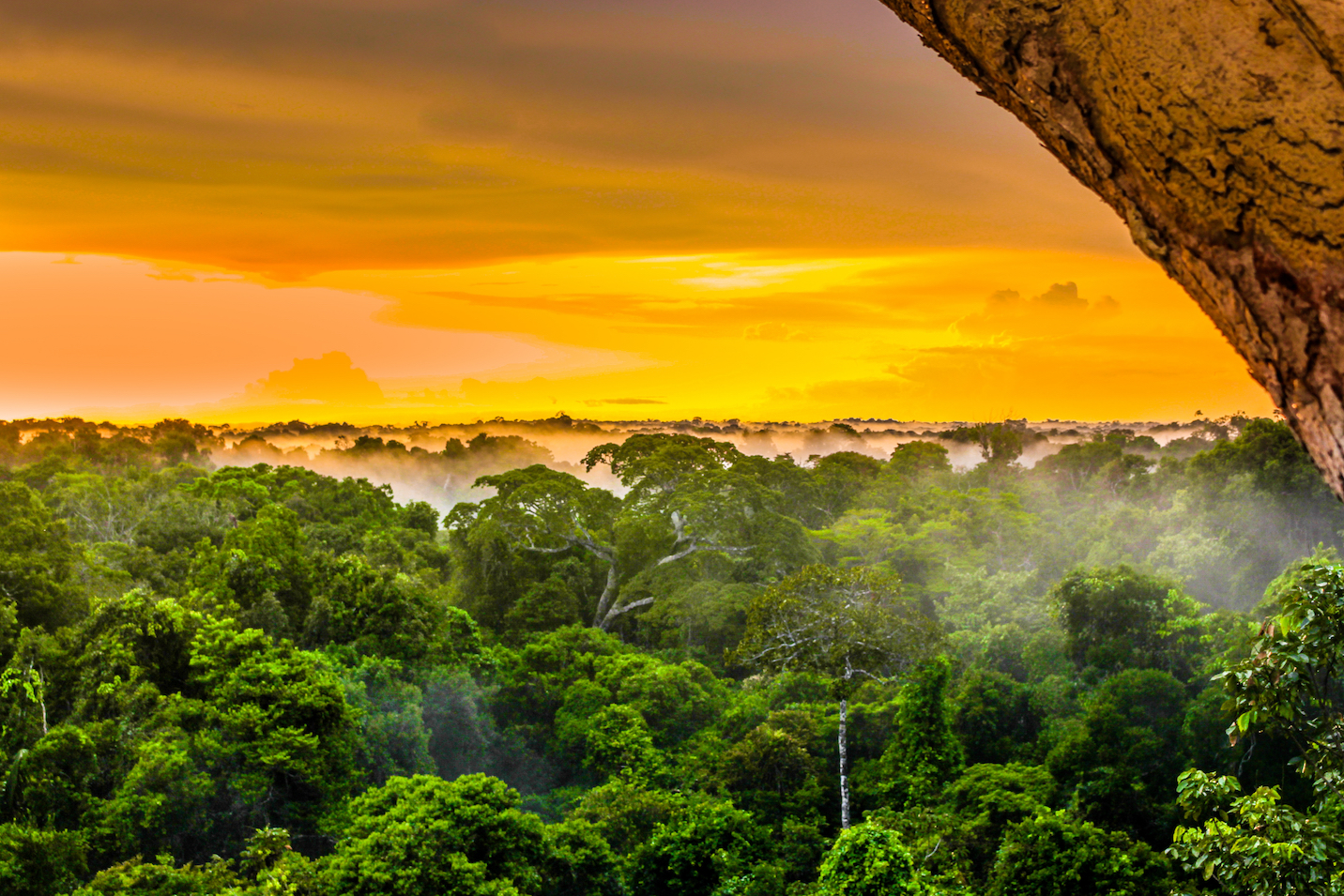
Local strategies are most effective at protecting the rainforest
Conservation efforts initiated by locals and indigenous people have proven to be just as successful as government efforts, according to a new study. The research showed that grassroots initiatives in the Amazon rainforest are often the most effective conservation strategies.
“Our results that these diverse types of protected areas were effective at reducing deforestation and forest degradation compared to non-protected areas are very encouraging,” said lead author Dr. Judith Schleicher from the University of Cambridge.
The research team closely examined the effectiveness of various conservation efforts in the Peruvian Amazon between 2006 and 2011. They discovered that all strategies to protect the rainforest were successful compared with non-protected areas of land, but efforts by local and indigenous communities proved to be the most effective.
“Our analysis shows that there is no single way of protecting tropical forests, and multiple approaches are required to stem the relentless tide of forest conversion and degradation,” said co-author Professor Carlos Peres.
The researchers gauged the advantages of each conservation approach for how well it was able to reduce overall deforestation. They combined remote sensing data with environmental and socio-economic datasets for each assessment, and controlled for outside factors that affect deforestation and forest degradation.
The study was focused on areas protected by the national government, indigenous communities, or civil society. These regions were compared to non-protected areas and land used for timber and mineral extraction.
The research team pointed out that the conservation strategies may seem more or less successful depending on what non-protected areas they were compared against. The land use restrictions of the non-protected land also influenced how effective the conservation efforts appeared.
“Policy makers must focus on a more diverse set of mechanisms for protecting the rapidly disappearing tropical forests,” said Schleicher. “Our analysis shows that local stewardship of the forest can be very effective at curtailing forest degradation and conversion in the Peruvian Amazon. Local conservation initiatives deserve more political, financial and legal support than they currently receive.”
The results of the study are published in the journal Scientific Reports.
—
By Chrissy Sexton, Earth.com Staff Writer













